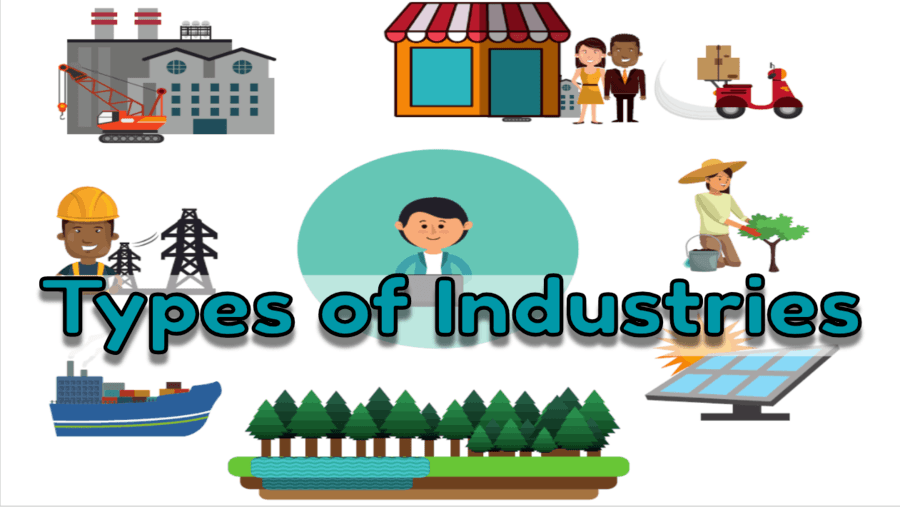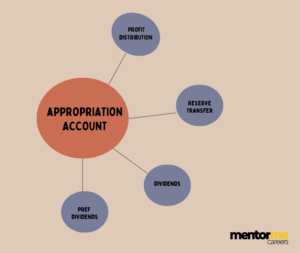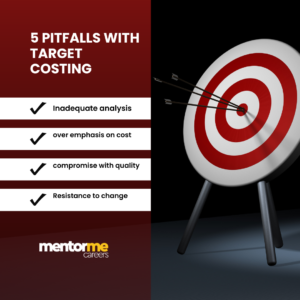Last updated on January 2nd, 2023 at 05:14 pm

Tata, Mahindra, Suzuki & even Mercedes sell the same good, which is cars. Hence the same goods sold by large number of players is what is meant by the term industry.
An industry is a type of business that involves the processing of raw resources and the production of goods extraction of minerals. Also, Manufacturing is synonymous with this term.
The term industry refers to a collection of businesses that sell comparable goods. To put it another way, each product is nearly identical. Firms employ the very same commodities and deal with the same buyers and suppliers because they are near alternatives.
Players in the industry provide comparable products or provision of services to consumers. Consider carbonated beverages, fruity punch, and bottled water. They can be thought of as near alternatives. They all cater to the same fundamental client needs: a cool, refreshing non-alcoholic beverage.
Basic Classification of Industries

We can also understand what is meant by the term industry in the following ways:
● Obtaining raw materials
● Product categories
● Employees’ number
● The main source of income
For a variety of reasons, industry categorization is necessary.:
● Classification is used by domestic and international statistics agencies to characterise economic factors such as production value and employment creation.
● It is used by stock market analysts to analyse the fundamental features of the industry. It’s helpful for putting together an investment portfolio.
● To prioritise lending, banks utilise categorization. Several industries may have a higher chance of success than others. The bank then chooses the target debtor after deciding on the sector.
What is meant by the term Industry? Detailed classification
The grouping of enterprises in this categorization is dependent on the origin of their raw resources.
What is meant by the term Industry : extraction:
Natural resources are the supplier of raw materials. The agricultural, mining and fishing industries are all examples of this.
Non-extractive industry (non-extractive industry):
Raw materials are sourced from a variety of sources. The plywood business activity, the farming industry, the metal processing, and the spin industry are all examples of this.
Industry of Facilitation
It is a company that offers services to other companies. The tourism sector, the banking business, and the trading industry are all examples.
Capital-based Industry Classification
The percentage of capital goods necessary to run the firm is used to classify it. In general, this categorization divides industries into two categories: manufacturing and non-manufacturing.
Heavy Industry: It is made up of companies that employ capital-intensive manufacturing methods. This sector necessitates a sizable initial investment due to the need to run massive machinery and equipment. Steel, heavy equipment, and automobile industries are only a few examples.
Light Industry: It covers companies with much-reduced capital needs. They are often labour-intensive, with little heavy gear or gear used. The restaurant business is a good example.
Employees and the Size of the Industry
Home-based business: It contains small-scale firms with less than four employees. Because most businesses are controlled by a family, they have a restricted amount of money. Take, for illustration, the tofu and chip industries.
Small business: It contains companies with a workforce of 5 to 9 workers. This company has a minimal start-up budget, and the majority of its employees are drawn from the local community. The brick and tile industries are two examples.
Medium-sized business: It comprises companies with a workforce of 20 to 99 workers. They have sufficient capital. In addition, their work is relatively skilled. The majority of business executives possess distinct management skills. Take, for example, the convection and ceramic industries.
Large-scale Industry: It is made up of companies with well-defined business functions. Typically, there are more than 100 individuals on the job. Another feature is a significant amount of money. They hire people with a wide range of educational backgrounds and talents. A fit and suitable exam is used to identify company executives. The car sector, the base metal processing, and the technology sector are all examples.
What is meant by the term industry Depending on Various Sorts of Goods Manufactured
Primary Industry: It creates completed items that don’t require any further processing. The product could be consumed or immediately utilised. The beverage and food business is one example.
Secondary Industry: Businesses that create intermediate items are included in this category. As a result, it must be processed further before being ingested or utilised. The steel sector and the fibre spinning business are two examples.
Tertiary Industry: It comprises companies that provide services like banking, insurance, and trading, among others.
Manufacturing Process
Industry in the supply chain: Businesses that exclusively process raw materials are included in this category. This industry only serves as a source of raw materials for other industries. Plywood, aluminium, and steel are just a few examples.
Industry in the downstream: Businesses that transform semi-finished items into completed ones are included. As a consequence, end-users can consume or utilise the produced output. The automobile and electrical equipment industries are two examples.
Location
This category denotes if the company runs and manufactures goods and services over a certain country’s borders. The domestic market refers to businesses that are based in the nation. Overseas industries, on the other hand, are those that are situated outside of a country’s borders.
Benefits of Many Players in the Industry

Improved productivity and efficiency, enhanced flexibility and agility, and increased profitability are all advantages of the Industry. The consumer experience is also improved by the industry.
The following are the key advantages of the industry:
Increased Productivity
As a consequence of Industry-related technologies, several sections of your manufacturing line will become more efficient. Some of these economies have already been discussed, such as reduced machine downtime and the potential to produce more items at a quicker rate.
Collaboration and knowledge sharing have increased
Production plants in the traditional sense work in silos. Individual facilities, like individual machines inside a facility, are silos. As a result, there is very little teamwork or information exchange.
Your manufacturing lines, business operations, and departments may interact regardless of geographic location, time difference, system, or any other element thanks to industry innovations. This allows knowledge gained by sensors on types of equipment in one factory, for example, to be shared throughout your company.
Agility and Flexibility
Increased flexibility and agility are additional advantages of the Industry. In a Smart Factory, for example, scaling up or down output is much easier. It’s also easy to add new goods to the production process, as well as allowing for one-off production runs, elevated manufacturing, and other possibilities.
Makes it Easier to Comply
In businesses like pharmaceutical and biotechnology device production, complying with laws does not have to be a laborious process. Instead, industry technologies enable compliance to be automated through trail and trace, quality audit, standardization, data logging, and other methods.
Improved Customer Service
The industry also provides opportunities for enhancing customer service and improving the overall consumer experience. You can swiftly fix issues using automatic track & trace abilities, for example. Furthermore, you will have fewer product availability concerns, the quality of the product will enhance, and you will be able to provide clients with additional options.
Cost-cutting
It takes time to become a smart industry, and it won’t work on its own. You must invest to attain it, thus there are some upfront fees. Industry innovations, such as automation, systems integration, information management, and more, will, nevertheless, drastically cut the price of production at your operations.
Opportunities for innovation are created
Industry technologies allow you to have a better understanding of the production process, supply networks, distribution systems, performance of the company, and even the items you produce. This opens up options for innovation, such as modifying a business process, making a new product, streamlining a supply chain, and increasing OEE, among other things.
Increased Revenues
Many of the principles mentioned above can lead to increased income for your production plant. For example, you may add a new shift with low human expenses to fulfil an upsurge or contend for a new contract by completely automating your manufacturing line and applying other Industry technology.
Profitability has improved
Many of the principles mentioned above will help you reach this Industry advantage, including increased revenues and lower expenses.
Furthermore, industry technologies help you to make items of greater quality, larger margins, and/or more unique designs. Industry innovations, for example, make it feasible to provide clients with personalised items while still employing mass production processes to create them.
Obtaining a Profitable Return on Investment
Manufacturing is changing all across the world as a result of industry technology. However, it is the advantages of industry and the possible return on investment that are genuinely significant. The way to reflect on the next step of your Industrial journey is now if you want to compete effectively and equip the manufacturing lines for the future.




